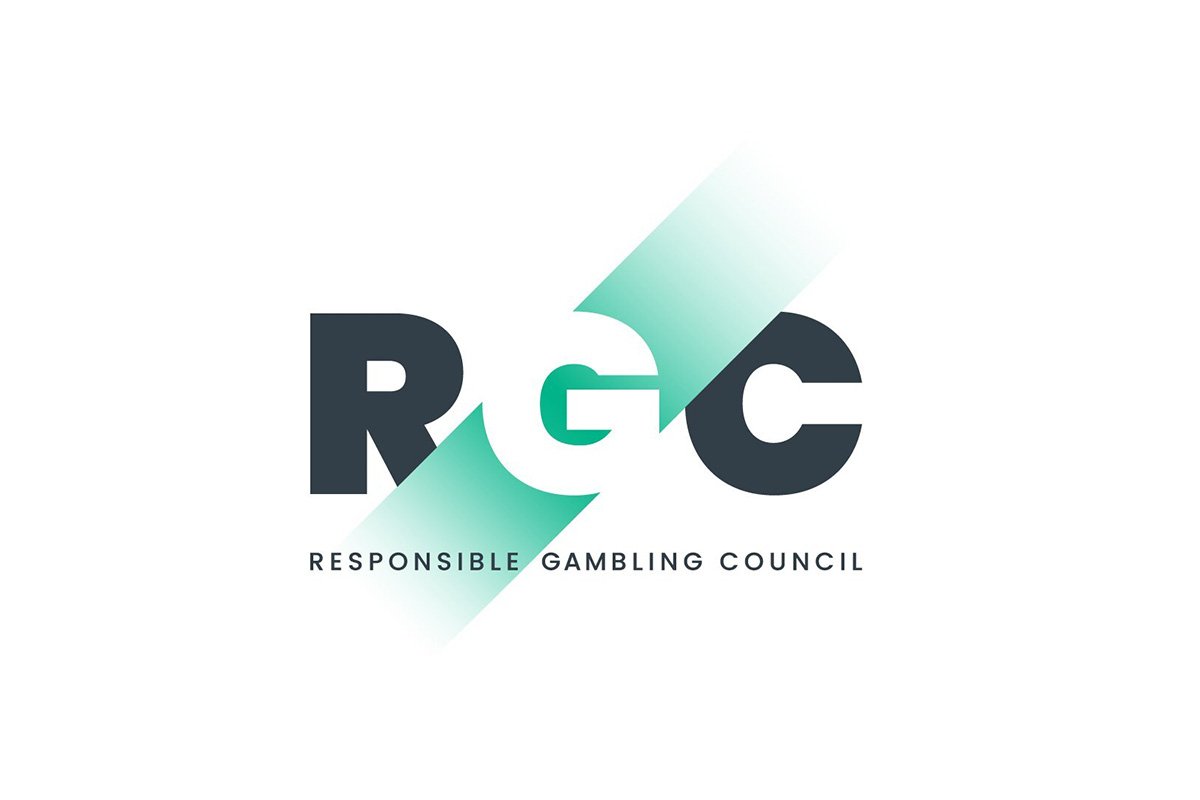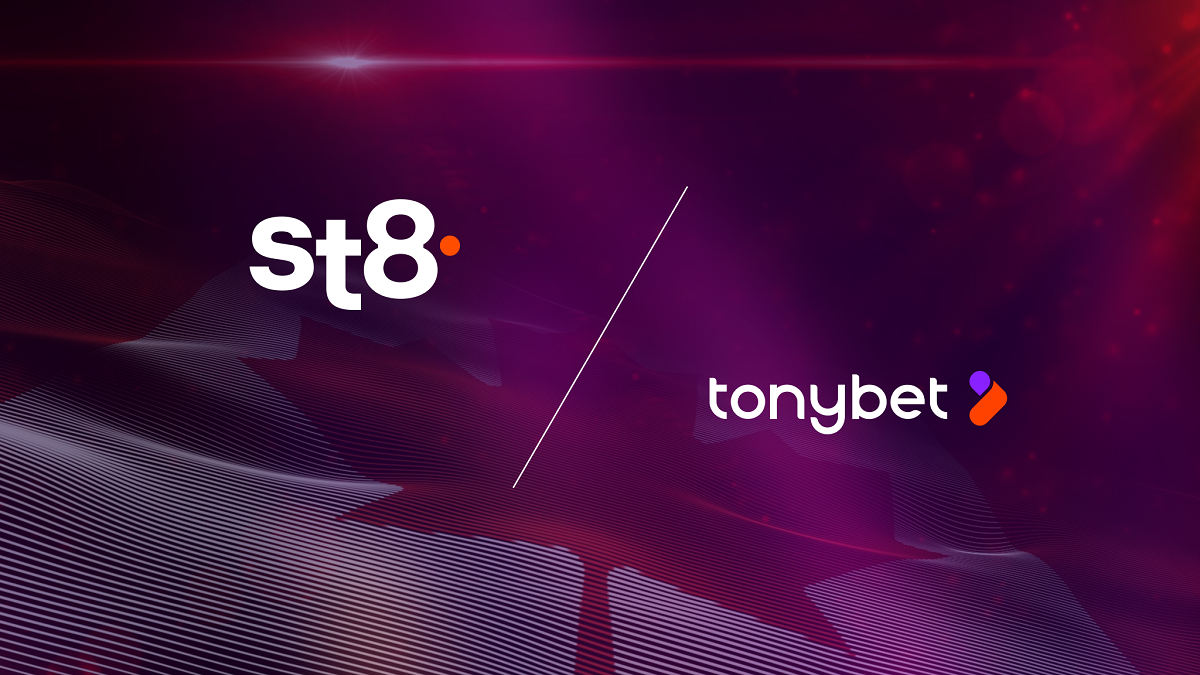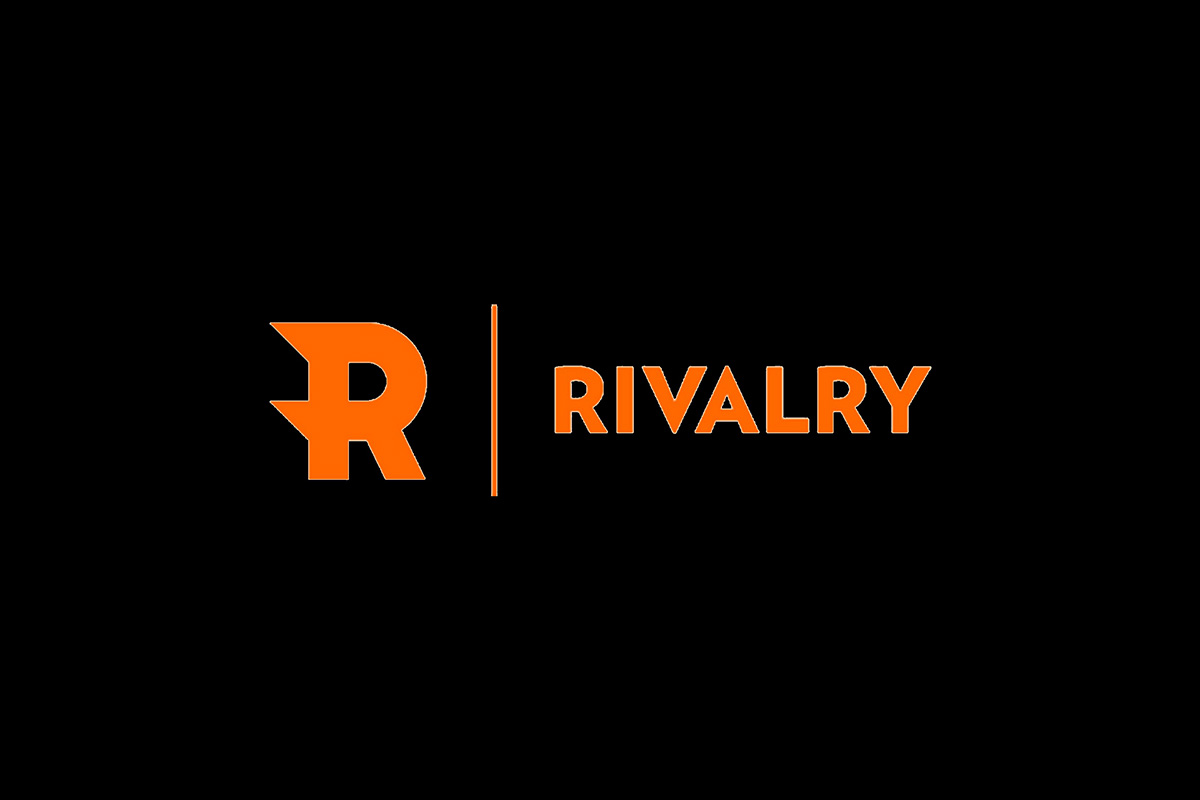Canada
Discover the Different Gambling Policy Paths Taken by the Nordic Countries

If you are an avid fan of online gambling, then you likely already know the Nordic countries lead the way in legislation. But have you ever paused to consider why these five independent nations – Sweden, Finland, Norway, Denmark and Iceland – all practice different gambling policies? Are their rules as varied as the landscape, or does a particular pattern exist? In this blog post, we will take a closer look into online gambling regulation practices within each of these countries – from how they handle traditional games like lotteries and bingo to regulations surrounding casinos and other forms of wagering, such as sports betting and gaming machines. So, if you are interested in online gambling, find the top safe and reliable casinos at caziwoo casinot to play your favourite games.
The most popular types of gambling in Nordic countries
Gambling is a popular pastime in Nordic countries, and many different types of gambling are popular there. The laws regulating gambling vary from country to country. This can be due to many factors, such as the history of gambling in each country and the population’s religious beliefs.
In Finland, gambling is regulated by the Finnish Gaming Board. The main types of gambling that are legal in Finland are casino games, lotteries, and sports betting. Horse racing is also legal in Finland, but dog racing is not. Slot machines are not legal in Finland, although some exceptions exist for amusement arcades.
In Sweden, gambling is regulated by the Swedish Gambling Authority. The main types of gambling that are legal in Sweden are casino games, lotteries, and sports betting. Slot machines are not legal in Sweden, but bingo is.
In Norway, gambling is regulated by the Norwegian Gaming Board. The main types of gambling that are legal in Norway are casino games and lotteries. Sports betting is not legal in Norway, but horse racing is. Slot machines are illegal in Norway, although some exceptions exist for amusement arcades.
In Denmark, gambling is regulated by the Danish Gambling Authority. The main types of gambling that are legal in Denmark are casino games and lotteries. Sports betting is not legal in Denmark, but horse racing is. Slot machines are not legal in Denmark, although some exceptions exist for amusement arcades.
The different laws regulating gambling in Nordic countries can be attributed to various factors. In Sweden and Finland, for example, the laws may be based on the historical influence of the Church on society. In Norway and Denmark, on the other hand, the laws may be based on secular values instead. Additionally, the population’s religious beliefs may also play a role in determining which types of gambling are legalized. In Sweden and Finland, for example, lotteries may be more popular than casino games because lotteries have a stronger link to charity than casino games do.
How lottery games are regulated in Nordic countries
Lottery games in Nordic countries are regulated by their individual governments. In Sweden, for example, the Lotteries Act of 1994 regulates state-run and private lotteries. This act establishes the Swedish Gaming Board as the regulatory authority for all lotteries in Sweden. The board is responsible for issuing licenses to operators, ensuring compliance with the law, and investigating any possible illegal activities.
In Norway, the Lotteries Act of 1992 sets out the regulatory framework for lotteries in the country. This act establishes the Norwegian Gaming Board as the regulatory authority for all lotteries in Norway. The board is responsible for issuing licenses to operators, ensuring compliance with the law, and investigating any possible illegal activities.
The Gambling Tax Act of 2012 regulates state-run and private lotteries in Denmark. This act establishes the Danish Gambling Authority as the regulatory authority for all lotteries in Denmark. The authority is responsible for issuing licenses to operators, ensuring compliance with the law, and investigating any possible illegal activities.
The Lottery Act of 1999 regulates state-run and private lotteries in Finland. This act establishes the Finnish Gambling Board as the regulatory authority for all lotteries in Finland. The board is responsible for issuing licenses to operators, ensuring compliance with the law, and investigating any possible illegal activities.
How casino gambling is treated in each Nordic country
Casino gambling is legal in all Nordic countries, but there are some differences in how it is treated. In Denmark, for example, casino gambling is a state-owned monopoly. This means that the only place you can gamble in a casino is at one of the two state-owned casinos in the country. In Sweden, on the other hand, there are no restrictions on private casinos, so you can gamble at any casino you want.
In recent years, Norway and Finland have tried to liberalize their casino gambling laws. In Norway, a new law was passed in 2015 that allowed private companies to operate casinos. However, the regulations are quite restrictive, and only a handful of companies have been granted licenses. In Finland, a bill that would have allowed private companies to operate casinos was introduced in Parliament in 2016, but it was ultimately defeated.
Iceland has been more reluctant to liberalize its casino gambling laws. The state owns the only casino in the country, and there are no plans to change that.
How sports betting is handled in the Nordics
The way sports betting is handled in Nordic countries varies from country to country. In Finland, for example, gambling is legal and regulated by the government. The Finnish Gaming Board oversees all gambling activity in the country, and punters must place their bets through one of its licensed operators. Betting on football is particularly popular in Finland, and many firms offer odds on domestic and international matches. In Sweden, by contrast, gambling is illegal apart from a few state-owned casinos. Swedes must bet with offshore operators if they want to bet on sports. This has resulted in a thriving black market for sports betting, with an estimated $2 billion per year. Swedish punters are particularly fond of betting on horse racing, as there are no legal ways to do so within the country.
Conclusion
In general, Nordic countries have fairly permissive gambling laws. Casino gambling is legal in all Nordics, and sports betting is legal or tolerated. However, there are differences in how these activities are regulated from country to country. For example, Denmark has a state-owned monopoly on casino gambling, while Sweden allows private casinos. Norway and Finland are currently trying to liberalize their gaming laws by permitting private companies to offer online casino games. As a small and isolated nation, Iceland has been more reluctant to liberalize its gaming sector, but this may change over time. Despite these differences, Nordic countries remain popular destinations for punters seeking an entertaining online gaming experience!
Powered by WPeMatico
Alberta iGaming Corporation
Alberta iGaming Corporation Partners with Responsible Gambling Council

The Alberta iGaming Corporation (AiGC) has announced a partnership with the Responsible Gambling Council (RGC) that will make RG Check accreditation a mandatory requirement for all internet gaming (iGaming) sites entering Alberta’s regulated market.
This collaboration demonstrates Alberta’s commitment to player protection by ensuring every regulated operator meets the highest evidence-based standards for responsible gambling.
“Alberta is committed to building a safer, regulated iGaming environment where player protection comes first. By requiring RG Check accreditation, we’re ensuring that every iGaming operator in our market has demonstrated their commitment to player safety through independent verification of their responsible gambling programs,” said Dan Keene, Interim AiGC CEO.
RG Check is a Canadian-made, globally trusted, independent responsible gambling accreditation program. Developed by RGC more than a decade ago, RG Check evaluates sites against rigorous, evidence-based standards, covering governance, player safeguards, staff training, and marketing practices. The accreditation provides clear, measurable accountability and has become the gold standard for responsible gambling across multiple jurisdictions.
“This partnership with AiGC demonstrates the power of regulators and responsible gambling experts working together to protect players from day one. Alberta is building on a strong foundation established in Ontario, where RG Check has proven its value in creating safer gambling environments. This proactive approach ensures that player protection isn’t an afterthought; it’s built into the market from the ground up,” said Sarah McCarthy, CEO of RGC.
Alberta’s requirement will ensure that:
• All iGaming sites must achieve RG Check accreditation
• Operators must maintain their accreditation in good standing while operating in Alberta
• RGC will conduct assessments based on internationally recognized responsible gambling standards
• AiGC will work closely with RGC to ensure ongoing compliance and continuous improvement.
Requiring accreditation in Alberta’s market reflects AiGC’s commitment to promoting responsible gambling, and will create a level playing field where protecting players is a competitive advantage, not just a compliance checkbox.
For operators who currently hold RG Check accreditation in another jurisdiction, the transition to Alberta will be streamlined. While a distinct Alberta accreditation is still required, existing accreditations will be recognized to simplify the process and reduce costs. Operators will benefit from an efficient onboarding process that reduces administrative burden while maintaining the same rigorous standards for player protection.
The post Alberta iGaming Corporation Partners with Responsible Gambling Council appeared first on Americas iGaming & Sports Betting News.
Canada
St8 launches in Ontario through partnership with Tonybet

Casino games aggregator and full-service technology provider, St8 has officially gone live in Ontario’s regulated market through a new partnership with international brand Tonybet.
Through the partnership, Tonybet gains access to St8’s casino games aggregation platform, offering a wide range of premium titles from leading providers through a single API, alongside bonusing and promotional tools, compliance and licensing solutions, advanced reporting and data capabilities.
Built as a single scalable platform, St8’s products are designed to help operators launch and grow across regulated markets with fast, flexible technology solutions while maintaining full compliance.
The agreement marks a further step in St8’s global growth strategy as the company continues to expand its presence across regulated jurisdictions.
Vladimir Negine, CEO at St8, said: “Going live in Ontario is an important milestone for St8 and reflects our continued commitment to growth in regulated markets. Since receiving our Ontario licence, we have focused on building strong local partnerships and delivering a platform that combines scalability, speed and compliance.
“As a respected international brand, Tonybet shares our commitment to building reliable solutions for regulated markets, and we look forward to working closely together as we continue to expand our presence in regulated jurisdictions worldwide.”
Kiryl Liudvikevich, Head of Product at Tonybet, added: “As we expand our presence in Ontario, it is important for us to work with technology partners that support continued growth while meeting the highest regulatory standards.
“St8’s platform gives us the flexibility to integrate a wide range of content and tools through a single connection, helping us scale smoothly while maintaining a strong focus on player experience.”
St8 continues to lead the way as a partner of choice for regulated markets. In addition to its Ontario licence, the company holds licences in key regulated jurisdictions like the United Kingdom, Sweden and Romania, among others.
The post St8 launches in Ontario through partnership with Tonybet appeared first on Americas iGaming & Sports Betting News.
Canada
Rivalry Corp. Announces Significant Reduction in Operations and Evaluation of Strategic Alternatives

Rivalry Corp. announced that its Board of Directors has approved a significant reduction in operating activity as the Company evaluates strategic alternatives in respect of its assets and operations.
The Company is engaged in discussions with third parties regarding potential transactions. However, in light of recent performance volatility, the Board has determined to materially reduce the scale of operations while assessing whether a strategic transaction or other alternative can be advanced.
Effective immediately, the Company is implementing substantial cost reductions, including a significant workforce reduction and reduced operating expenditures. The Company has paused player activity on its platform and is facilitating player withdrawals in the ordinary course.
The Company is assessing a range of potential alternatives, which may include asset-level transactions, corporate transactions, restructuring initiatives or other strategic outcomes.
Given the Company’s reduced operating scale and the ongoing evaluation process, there can be no assurance that any strategic alternative will be completed or that operations will continue in their current form.
The post Rivalry Corp. Announces Significant Reduction in Operations and Evaluation of Strategic Alternatives appeared first on Americas iGaming & Sports Betting News.
-

 Blueprint Gaming6 days ago
Blueprint Gaming6 days agoBlueprint Gaming unleashes Frankenstein’s Fortune blending dynamic modifiers with multi-path bonus offering
-

 Compliance Updates7 days ago
Compliance Updates7 days agoHow to Apply for a Finnish iGaming License: Gaming in Finland Webinar on Application Steps and Technical Standards
-

 Big Daddy Gaming7 days ago
Big Daddy Gaming7 days agoBig Daddy Gaming® Expands European Footprint After MGA Licence Approval
-

 Latest News4 days ago
Latest News4 days agoGGBET UA hosts Media Game – an open FC Dynamo Kyiv training session with journalists from sports publications
-

 Compliance Updates6 days ago
Compliance Updates6 days agoMGA Publishes Results of Thematic Review on Self-exclusion Practices in Online Gaming Sector
-

 Amusnet6 days ago
Amusnet6 days agoAmusnet Unveils Casino Engineering and Technology Milestones Achieved in 2025
-

 Brais Pena Chief Strategy Officer at Easygo7 days ago
Brais Pena Chief Strategy Officer at Easygo7 days agoStake Goes Live in Denmark Following Five-Year Licence Approval
-

 Dan Brown6 days ago
Dan Brown6 days agoGames Global and Foxium return to the Colosseum in Rome Fight for Gold the Tiger’s Rage™



















